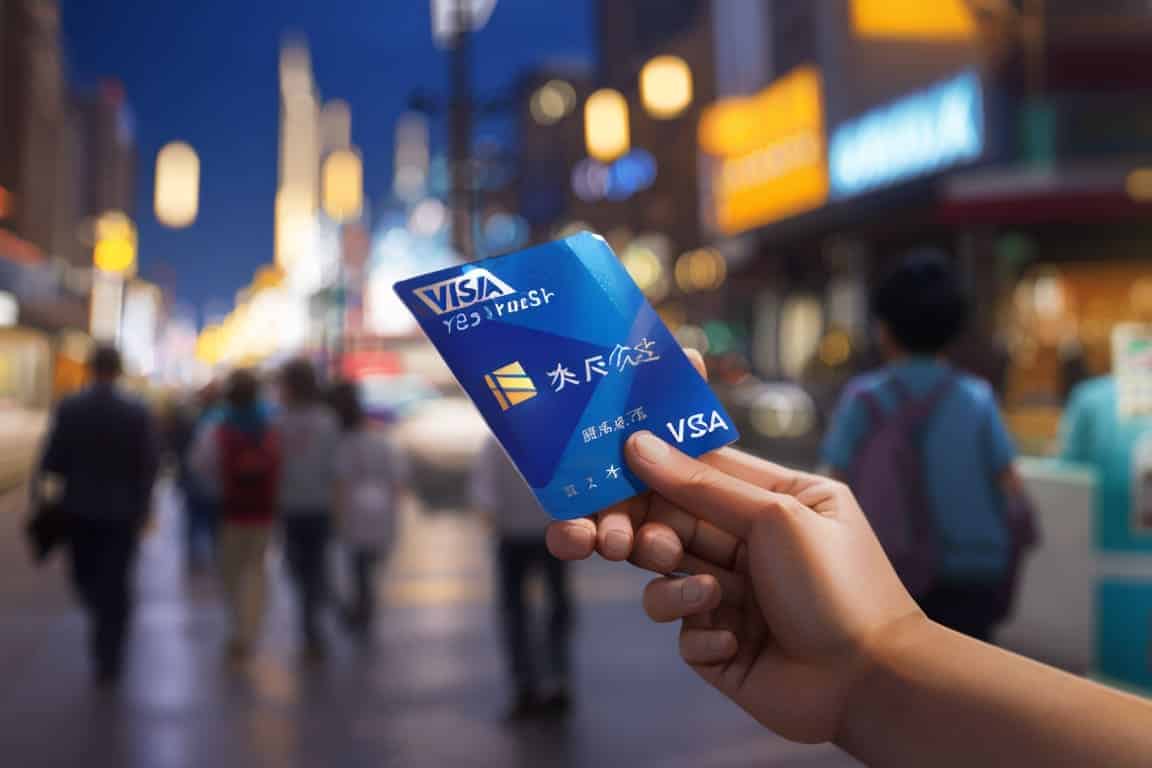SafePal: a Singapore-based fintech business that recently introduced a Visa card powered by USDC in partnership with a Swiss bank, Fiat24. The company believes this creative step will close the gap between established financial institutions and cryptocurrencies by providing consumers with a smooth integration of digital assets into their regular financial transactions.
The project was introduced by SafePal CEO and co-founder Veronica Wong, who highlighted its potential to change how people handle and use digital currency completely. With the USDC-powered Visa card, users can set up a mobile wallet to store USDC.
Users can easily integrate digital assets into their current financial ecosystem by transferring funds to traditional financial institution accounts through their USDC mobile wallet, which they can set up and use immediately.
Benefits of Both Partnerships Explained, Users Stands to Gain More
Veronica Wong underlined the significance of giving people the tools they need to use the advantages of digital currencies without compromising the stability and security of established financial institutions. According to the announcement made on March 7, the in-app banking features will go live on a SafePal mobile wallet, version 4.5.0.
It is slated to be launched on both Google Play and Apple App stores. Fiat24 co-founder Yang Lan, in his latest statement, says that the transactions made on the on-chain Arbitrum give a transparent ledger that can also be immune to faulty transfers, unlike what applies to traditional Visa cards. He explained that users can still reverse faulty transfers using their banking system.
Describing the function of the new in-app banking tool, she said that users can convert their cryptocurrency assets from more than 40 blockchain channels into selected fiat currencies. The approved fiat currencies are the United dollar (USD), THE Euro (EUR), and the Swiss Franc (CHF).
More so, after users have created a bank account through the SafePal wallet channel, the system is expected to mint the user’s account credentials on the Arbitrum network as NFTs. According to the company, this method ensures safe, on-chain transaction records.
The In-app Banking Tool to Also Work in U.S.- Sanctioned Countries
Reacting to the recent development, Zhiyuan Sun wrote on the Cointelegraph platform, that with its smooth and intuitive interface that unites traditional banking with the rapidly expanding cryptocurrency space, SafePal’s USDC-powered Visa card is set to transform how people deal with digital currencies entirely.
In a message to CoinDesk, Veronica Wong said that the project may seem unorthodox for decentralized wallets; the problem of inaccessibility remains a severe issue affecting an average cryptocurrency user and needs to be solved for better performance and easy integration.
The said cryptocurrency Visa cards are connected to third-party payment systems like Google Pay, PayPal, Samsung Pay, and Apple Pay. The Visa card will be first launched in selected European regions before being introduced to the rest of the world. The report also states that the in-app will be available outside the United States and countries sanctioned by the United States.
SafePal CEO Comments, Feature to Work on Mobile Wallet Version 4.5.0.
SafePal is working with an independent wallet, claiming it has almost 10 million global users. Veronica Wong, SafePal CEO, moments after the cryptocurrency winter between 2021-2022, informed Cointelegraph that the illegal nature of a centralized platform had confirmed the acceptance of a self-custody remedy.
She warned that this must not be a temporary rise in interest but a major motivator to improve the acceptance of independent management of assets. As published in the Cointelegraph, recent observations show that independent wallets have grossly increased in popularity with the fall of prominent centralized finance companies like Celsius and FTX.
Block by Jack Dorsey, on the other hand, officially introduced an independent wallet solution on December 7, 2023. The report states that this new wallet can be accessed in more than 95 countries. BitKeep, on the other hand, also changed its name to Bitget Wallet on August 10, 2023, after it secured a $30 million investment fund to improve its multichain swap platform.

